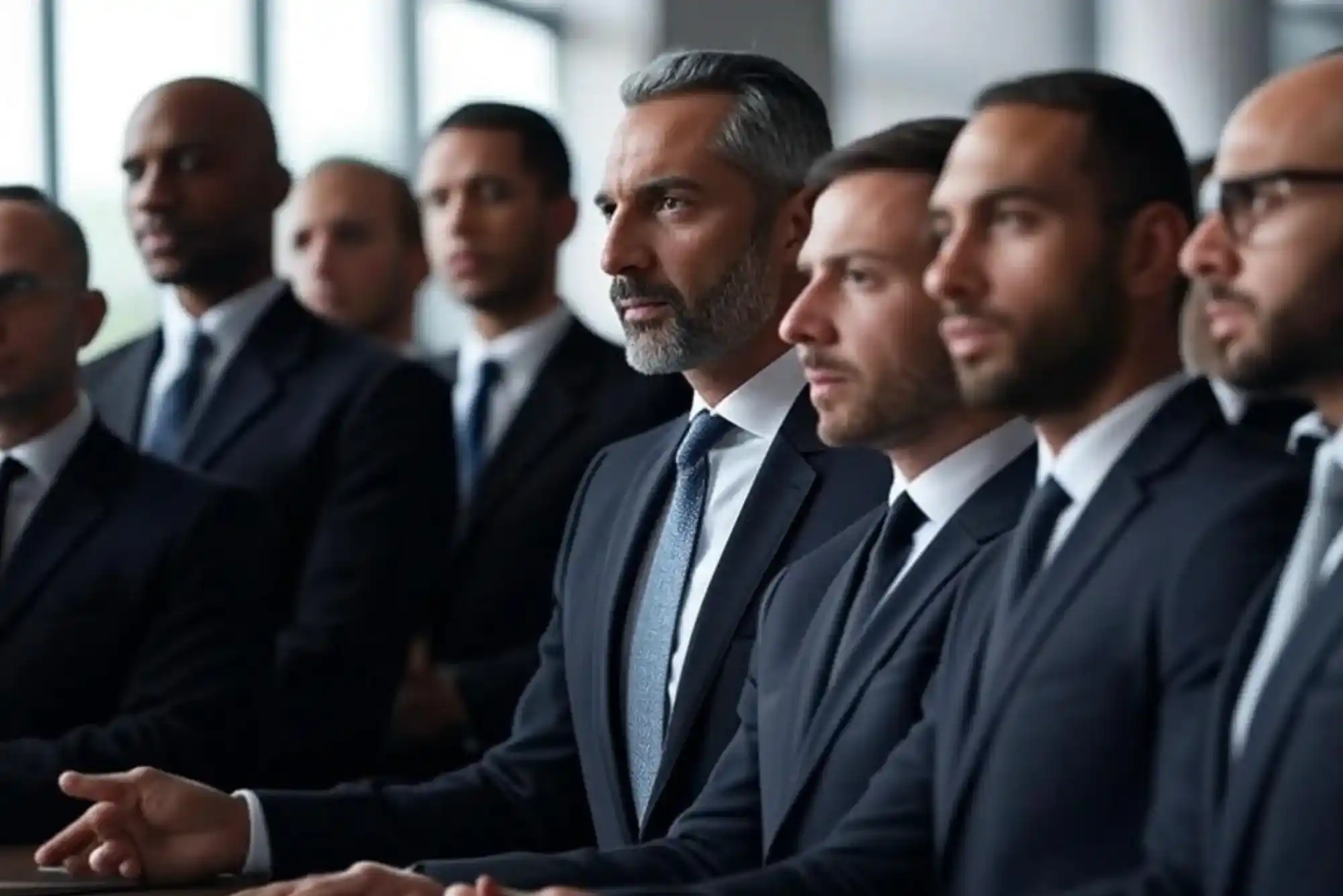Self-defense is a fundamental right recognized across many legal systems worldwide, including the United Arab Emirates (UAE). In Dubai, where the law is a structured blend of Islamic Sharia principles and civil legislation, self-defense holds a distinct legal standing. For residents and professionals in the UAE, understanding how this principle is addressed legally is essential—especially in situations where an individual may need to protect themselves or others.
When a self-defense claim arises in a criminal case, legal representation becomes critical. Criminal lawyers in Dubai are well-versed in the nuances of local statutes and play a pivotal role in navigating the complexities surrounding self-defense. This article delves into how such legal professionals handle these matters, the conditions under which self-defense is justified, and how cases are evaluated within the judicial system.
Understanding Self-Defense Under UAE Law
Self-defense, known legally as the right to repel an unlawful assault, is recognized under the UAE Penal Code. It allows individuals to take necessary and proportionate action to protect themselves, others, or property from an immediate threat. However, the application of self-defense is not open-ended. It is subject to specific conditions, which the courts scrutinize closely.
The foundational requirement is the presence of an unlawful, immediate threat. The person claiming self-defense must prove that the aggression was real and imminent. Moreover, the defensive act must be proportional to the threat. This means excessive force beyond what is necessary to neutralize the danger may invalidate the self-defense claim and result in criminal liability.
In many cases, these nuances make the legal interpretation of self-defense complex. That is where the role of legal counsel becomes essential. Lawyers must construct a legally sound argument to demonstrate that all conditions of legitimate self-defense were met.
Legal Standards for Proving Self-Defense
To establish a defense based on self-defense, the defendant, through their legal team, must address several factors. These include the nature of the threat, the timing of the incident, the necessity of the action taken, and whether there were any other viable options.
Dubai courts place a strong emphasis on evidence. CCTV footage, eyewitness testimony, medical reports, and forensic evidence can all support a self-defense claim. However, mere assertion without concrete proof is insufficient. Criminal lawyers in Dubai often begin by collecting and preserving evidence that corroborates their client’s version of events.
One of the key legal standards is proportionality. The defensive action must match the level of threat. For example, responding with a weapon to a verbal threat may be deemed disproportionate. In contrast, using physical force to repel an armed assailant may be justified, provided it was necessary to prevent harm.
Intent is another crucial element. The court examines whether the person acted with the sole intent to defend rather than to retaliate. If the defensive action appears premeditated or excessively aggressive, the justification may be undermined. Lawyers, therefore, work to illustrate that their client’s conduct was both spontaneous and necessary in the face of danger.
Judicial Interpretation and Case Assessment
Each case of self-defense is evaluated on its unique facts. Dubai’s judicial system considers the context, including the relationship between the parties, the location of the incident, the physical and psychological condition of the accused, and the potential for de-escalation.
Judges do not simply rely on statutory text; they also interpret the intent and behavior of those involved. Lawyers must present a cohesive narrative that aligns with the legal framework while being persuasive and credible.
For example, in situations involving home intrusion, the court may show greater leniency toward the use of defensive force, recognizing the sanctity and inviolability of personal space. However, this does not provide a blanket justification. The defensive act must still meet the standards of necessity and proportionality.
Legal representatives must also be mindful of public order considerations. Dubai places a high value on social harmony and the rule of law. As such, courts are cautious about setting precedents that might inadvertently endorse vigilantism. Thus, lawyers must strike a balance—asserting their client’s right to self-defense without crossing into advocacy for unlawful retaliation.
Challenges Faced by Defense Attorneys
Defending self-defense cases in Dubai comes with challenges. One common difficulty is the lack of immediate evidence. In high-stress situations, people may not think to document incidents, and physical evidence can deteriorate quickly. Lawyers must act swiftly to secure and authenticate all supporting material.
Another issue is witness reliability. Emotional bias, fear of legal repercussions, or misunderstanding of events can affect the quality of eyewitness accounts. Legal professionals often need to cross-examine testimonies to expose inconsistencies or reinforce credibility.
Language and cultural factors can also influence proceedings. Misinterpretations between non-native Arabic speakers and authorities may lead to statements that are taken out of context. Legal counsel plays a crucial role in ensuring that their client’s position is accurately conveyed and understood.
Furthermore, the UAE’s strict regulations on weapons and public conduct mean that any use of force must be especially well-justified. Carrying unauthorized weapons or engaging in physical altercations—even in defense—can trigger additional legal complications. Lawyers must prepare thoroughly to navigate these intersecting legal issues.
The Role of Legal Strategy and Courtroom Advocacy
Legal strategy is central to how self-defense is argued in court. A well-structured defense typically begins with a detailed consultation where the lawyer assesses all aspects of the incident. From there, a timeline is established, and corroborative evidence is gathered.
In court, the approach is methodical. Lawyers question the prosecution’s narrative, introduce mitigating circumstances, and reinforce the client’s intent to prevent—not provoke—harm. Effective advocacy includes not only presenting facts but also persuading the court of the reasonableness of the defendant’s actions.
Cross-examination of prosecution witnesses often plays a decisive role. By identifying contradictions or exaggerations, lawyers can cast doubt on the credibility of opposing accounts. Meanwhile, expert testimonies—such as from forensic analysts or medical professionals—can support the plausibility of the self-defense claim.
Additionally, lawyers may introduce psychological or behavioral evidence. For example, if the accused suffers from anxiety or trauma resulting from prior threats, this context can be used to demonstrate why their perception of danger was reasonable under the circumstances.
Importance of Early Legal Counsel
Time is a critical factor in criminal cases involving self-defense. Early legal intervention often determines the strength of the defense. From the moment an individual is involved in a potentially criminal incident, seeking legal representation is advised.
Lawyers can guide their clients on how to interact with law enforcement, what statements to avoid, and how to begin collecting supportive evidence. Early mistakes, such as making inconsistent statements or failing to report injuries, can later be used to challenge the self-defense claim.
In many cases, initial legal guidance can even prevent escalation to full criminal prosecution. If presented with compelling evidence early on, prosecutors may decide not to pursue charges, recognizing the legitimacy of the self-defense argument.
Cultural and Legal Sensitivities in the UAE Context
Dubai is a multicultural city governed by local laws that reflect the country’s religious and cultural values. While the legal system accommodates expatriates, all residents are expected to abide by UAE law. Understanding how self-defense is viewed through both a legal and cultural lens is therefore essential.
Lawyers must be sensitive to these dynamics when preparing a defense. For example, physical altercations in public places are frowned upon and may attract additional scrutiny, even if self-defense is later proven. Similarly, the presence of children, vulnerable individuals, or use of sharp objects may influence the court’s perception of the severity of the situation.
Legal professionals must incorporate these considerations into their arguments, ensuring that the defense respects both legal principles and cultural expectations.
Conclusion
The right to self-defense is protected under UAE law, but its application requires careful legal navigation. The defense must meet stringent criteria of necessity, immediacy, and proportionality. Each case is weighed on its individual merits, making experienced legal representation indispensable.
Criminal lawyers in Dubai play an essential role in ensuring that the rights of individuals are upheld while maintaining the integrity of the legal process. Through meticulous preparation, persuasive advocacy, and an in-depth understanding of local laws, they help clients address and resolve the legal challenges that arise from self-defense claims.
For professionals and residents in the UAE, awareness of these legal standards can make a significant difference in times of crisis. Acting within the law—and securing qualified legal guidance promptly—remains the most effective way to navigate such high-stakes situations responsibly.











